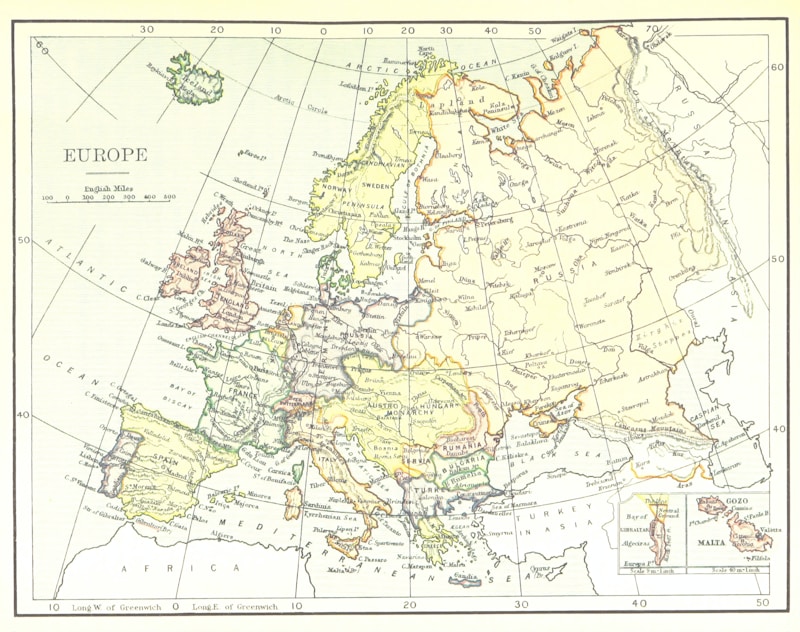Questions and Answers
What does physical geography study?
The earth's natural features, including landforms, bodies of water, climate, and the earth's atmosphere
How does human geography contribute to our knowledge?
By understanding the cultural and linguistic diversity of different regions and the impacts of globalization on these cultures
What does human geography help us understand?
The cultural and linguistic diversity of different regions and the impacts of globalization on these cultures
What is an essential aspect of physical geography?
Signup and view all the answers
In which area does human geography focus its study?
Signup and view all the answers
Study Notes
Introduction
Geography is a social study that deals with the natural and human phenomena of the Earth. It helps us understand the earth's physical features, its regions, the people who inhabit those regions, and how the earth's inhabitants interact with the environment. In this article, we will explore the importance of geography as a social study and discuss its subtopics.
Importance of Geography as a Social Study
Geography is essential in today's globalized world, as it helps us understand the world around us and the various geographical phenomena that shape our environment. It plays a crucial role in shaping public policies, planning, and decision-making at various levels, from local to global. Some key aspects of geography in the 21st century include:
-
Climate change and environmental sustainability: Geography helps us understand the impacts of climate change and how to mitigate its effects. It also aids in identifying and conserving natural resources.
-
Urban and regional planning: Geography provides insights into the distribution of populations, resources, and infrastructure, which are crucial for urban and regional planning.
-
Globalization and cultural diversity: Geography helps us understand the cultural and linguistic diversity of different regions and the impacts of globalization on them.
-
Economic development and international trade: Geography plays a vital role in understanding the economic potential of different regions, trade routes, and the impacts of economic activities on the environment.
-
Natural hazards and disaster management: Geography helps us understand the risks and threats associated with natural hazards and develop effective strategies for managing them.
Subtopics of Geography as a Social Study
Physical Geography
Physical geography is the study of the earth's natural features, including landforms, bodies of water, climate, and the earth's atmosphere. It helps us understand how these features are distributed and how they interact with each other. Key aspects of physical geography include:
-
Landforms: The study of landforms helps us understand the earth's topography and the processes that shaped it, such as plate tectonics and erosion.
-
Climate: Climate is a key aspect of physical geography, as it influences the distribution of life on earth and the formation of various geographical features.
-
Water: Water plays a vital role in shaping the earth's surface and supporting life. Physical geography examines the distribution of water resources and the impacts of human activities on water sources.
-
Atmosphere: The study of the earth's atmosphere helps us understand the weather patterns, climate, and the impacts of human activities on the atmosphere.
Human Geography
Human geography is the study of human societies and their interactions with the environment. It helps us understand how people live, work, and interact with each other, as well as how these interactions shape the earth's surface. Key aspects of human geography include:
-
Population and migration: Human geography examines the distribution of populations, migration patterns, and the impacts of these patterns on the environment.
-
Urbanization and land use: Urbanization and land use patterns help us understand how human activities shape the earth's surface and the impacts of these activities on the environment.
-
Cultural and linguistic diversity: Human geography helps us understand the cultural and linguistic diversity of different regions and the impacts of globalization on these cultures.
-
Economic development and international trade: Human geography examines the economic potential of different regions, trade routes, and the impacts of economic activities on the environment.
Conclusion
Geography is a fundamental social study that helps us understand the natural and human phenomena of the earth. It provides valuable insights into the earth's physical features, regions, the people who inhabit those regions, and how the earth's inhabitants interact with the environment. By studying geography, we can gain a better understanding of the world around us and make informed decisions about our relationship with the environment.
Studying That Suits You
Use AI to generate personalized quizzes and flashcards to suit your learning preferences.
Description
Test your knowledge about the importance of geography as a social study and its subtopics including physical geography and human geography. Explore key aspects such as climate change, urban and regional planning, cultural diversity, economic development, and more.




